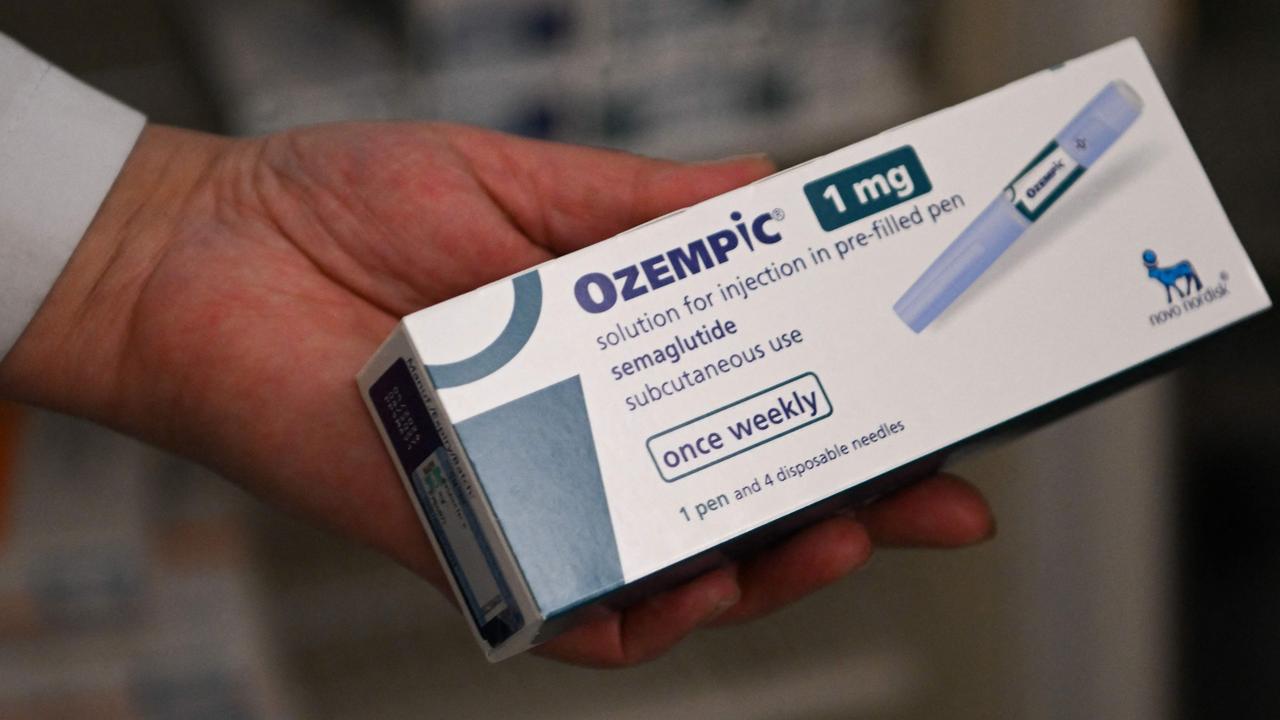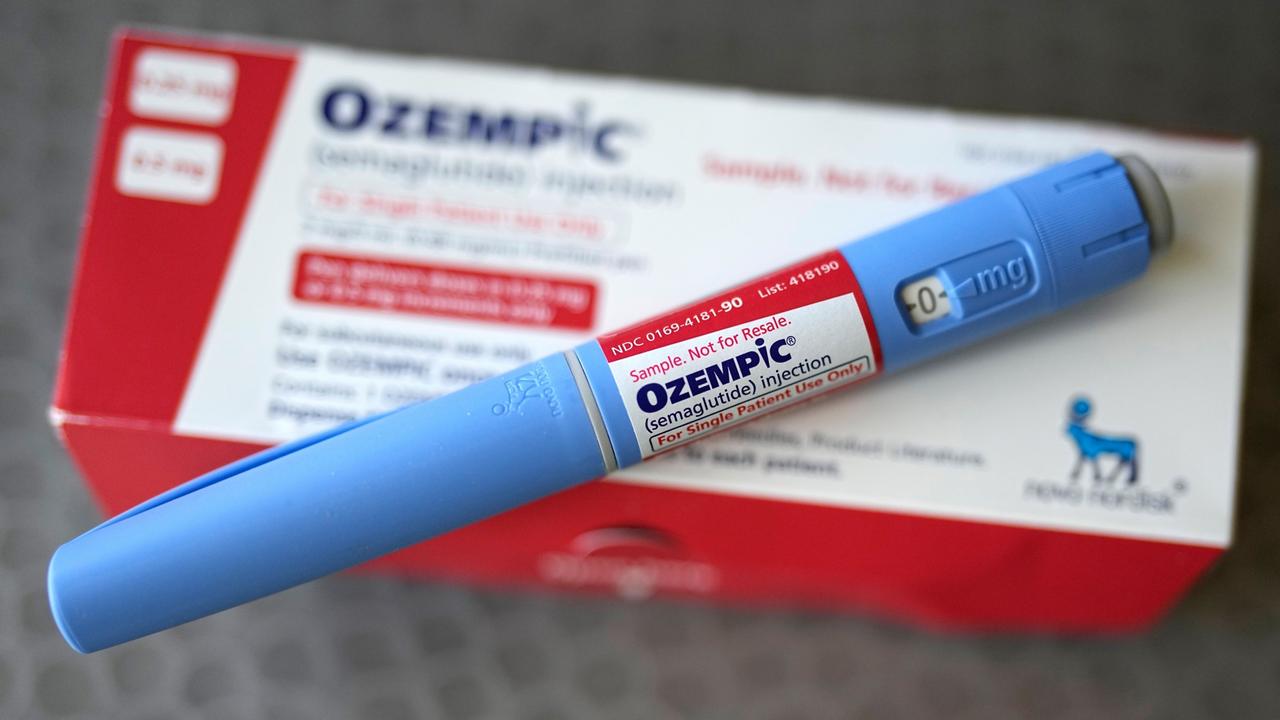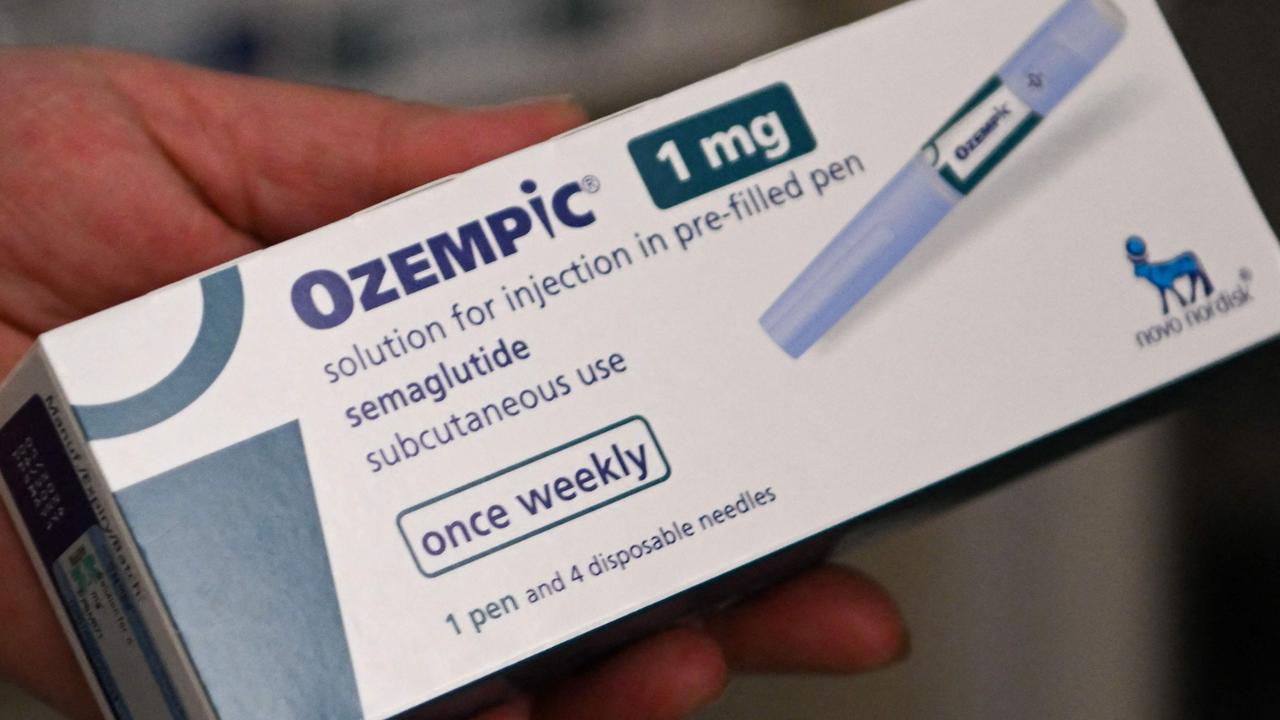GLP-1 agonists could cause liver damage: Warning for Ozempic, Mounjaro and Wegovy users
Experts urge regular GP check ups amid complaints of drug-induced hepatitis by users of Ozempic, Wegovy and Mounjaro, known as GLP-1 agonists.

Weight Loss
Don't miss out on the headlines from Weight Loss. Followed categories will be added to My News.
Dozens of Ozempic, Mounjaro and Wegovy users are reporting drug-induced hepatitis, prompting medical experts to call for regular check-ups to avert permanent liver damage.
Complaints of flu-like symptoms, fatigue, crippling abdominal cramps and severe vomiting thought to be linked to drug-induced liver injury are being reported among users.
In severe cases people on the revolutionary drugs, which are sold off-label for weight loss, have told of incidents of being hospitalised after presenting with symptoms associated with inflammation of the liver.
The Therapeutic Goods Administration (TGA) has also received three reports of hepatitis or drug-induced liver injury (DILI) associated with the active ingredient semaglutide, which is marketed in Australia as Ozempic and Wegovy.
Two were patients on Ozempic and one on Wegovy.

One woman asked an Australian social media site: “Any of you on Mounjaro have had to stop taking it due to it affecting your liver? I’m currently in hospital with medication induced hepatitis and they’re positive it’s from the Mounjaro.”
Another told how “Wegovy badly affected my liver and I had to stop, fortunately I didn’t end up in hospital.”
She added: “I’m about to have my fifth injection of Mounjaro, and after my latest blood test, my liver function is slightly abnormal again. So looks like I will have to stop again. Wegovy caused inflammation for me. And prior to starting Wegovy my bloods were perfect. We waited until my liver function was back to normal after stopping Wegovy too before we started Mounjaro. Definitely get regular blood tests.”

University of Michigan research has shown that while the link between hepatitis and jaundice in patients administering an antidiabetic GLP-1 agonist is not definitively established, some studies suggest potential liver stress or damage.
Mounjaro, in particular, contains benzyl alcohol, which could increase the risk of metabolic acidosis (acid build-up) in people with liver problems.

Royal Australian College of GPs’ specific interests diabetes group chairman Gary Deed said while reports of hepatitis were rare, some people struggled metabolising GLP-1 agonists and could develop hepatoxicity, a direct drug toxicity from these agents.
“Many doses have been administered in clinical trials and there doesn’t appear to be anything common, but any drug has issued to metabolism in the kidney or liver, some more than others, for instance paracetamol,” Dr Deed said.
“Just be aware of signs and symptoms on the liver, one of the issues of using GLP-1 agonists is nausea and hepatoxicity can be hidden in that.
“These drugs should be prescribed with general practice management and good communication with GPs.

“Worldwide, these events are rare, but these case reports are just emerging and cannot be ignored and should be researched – these symptoms are a good wake-up call.
“When these drugs are used in the context of weight loss, it’s even more crucial to get a thorough assessment by the GP first, get regular check-ups, weigh-ins and monitoring of symptoms.
“It’s a concern when people get these drugs on line or telephone dispensing of these drugs is a bit of a concern,” he said.
“Stay in good and direct when taking GLP-1 agonists used in the context of weight loss and ask for an assessment.”
The TGA’s first report of hepatitis or drug-induced liver injury associated with semaglutide was logged on September 16, 2022.
There were no reports associated with tirzepatide (Mounjaro).
“These adverse event reports reflect total number of reports since the date of first approval and inclusion on the Australian Register of Therapeutic Goods (ARTG) for each respective product; for Ozempic date of first approval was 28 August 2019, for Wegovy 1 September 2022, and for Mounjaro 23 December 2022,” a TGA spokesman said.
“If someone believes they are experiencing an adverse event from a medicine, it is important that they first speak to a health professional to ensure they receive appropriate medical care.
“The TGA encourages people to report all suspected adverse events to the TGA, even if they are not sure that the medicine or vaccine was the cause of their symptoms.”
More Coverage
Originally published as GLP-1 agonists could cause liver damage: Warning for Ozempic, Mounjaro and Wegovy users









